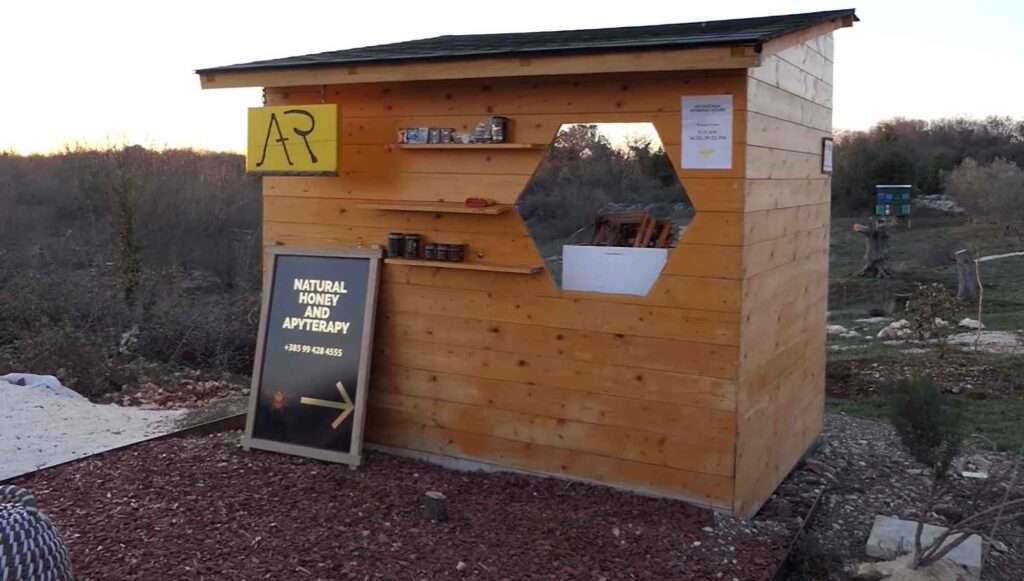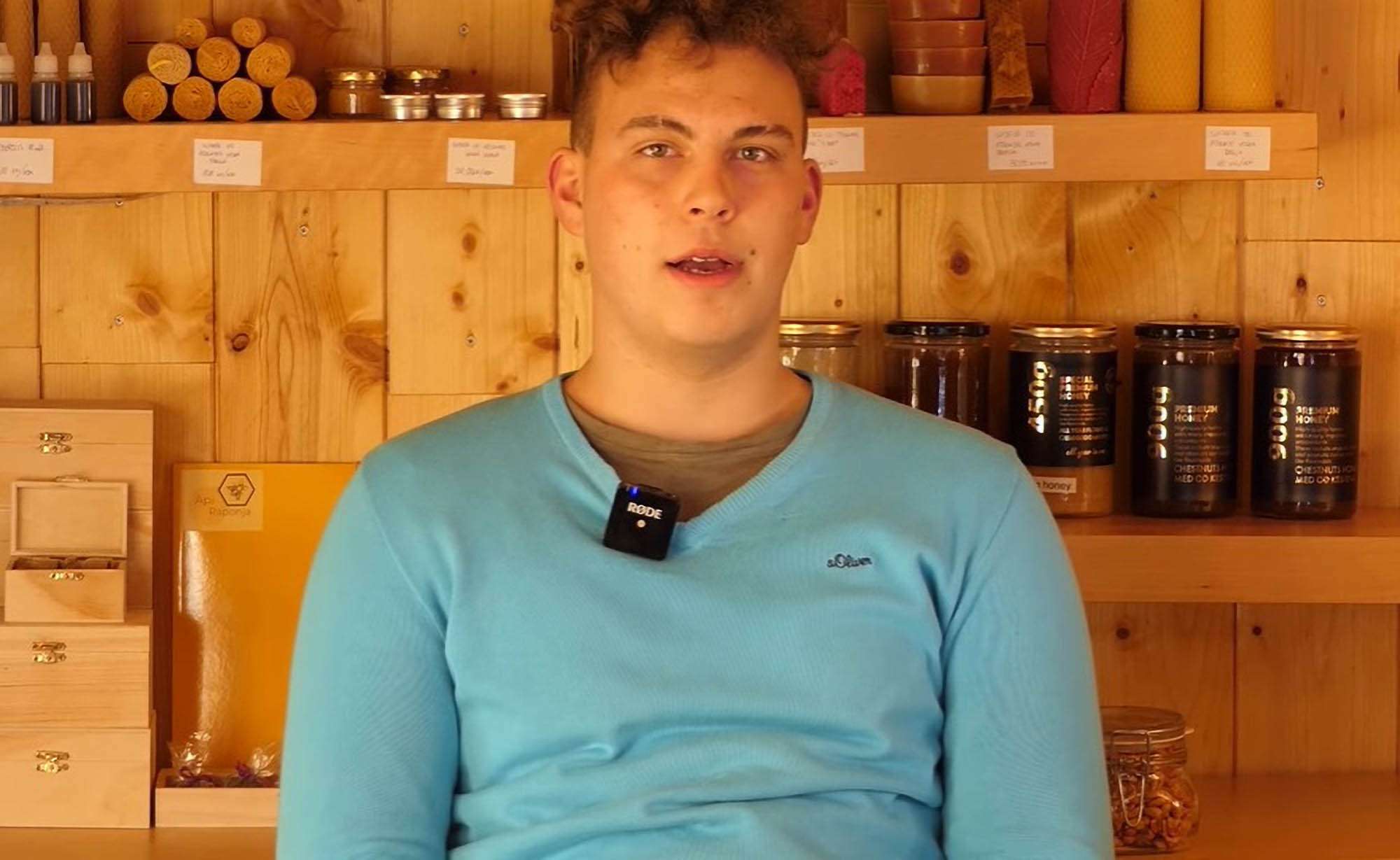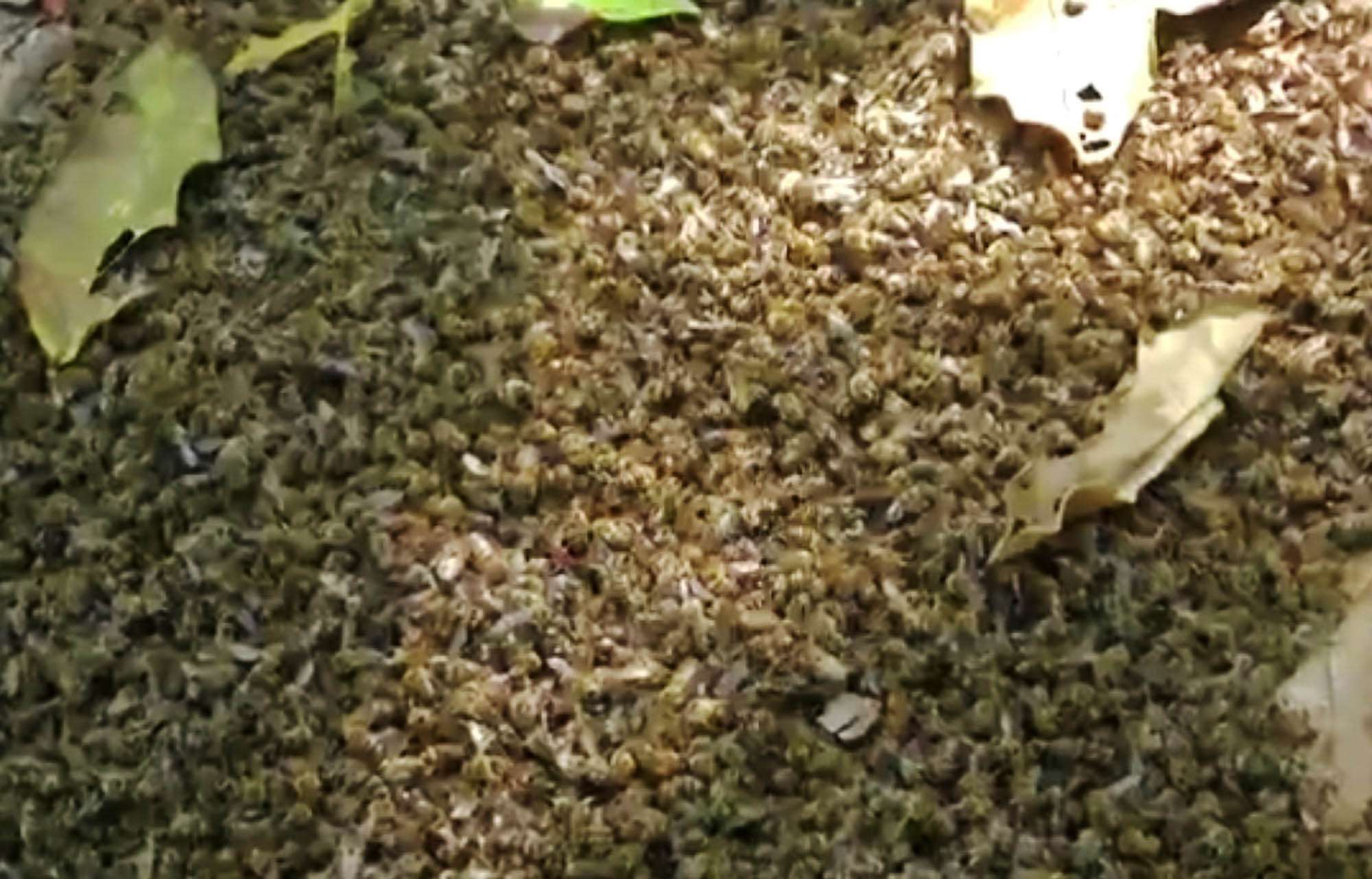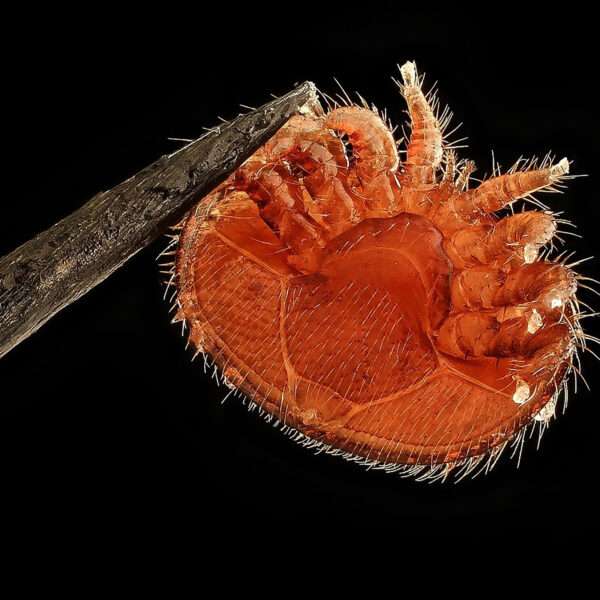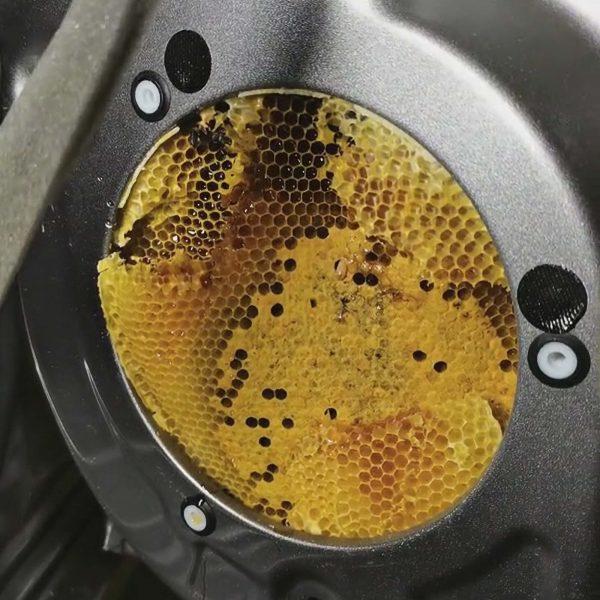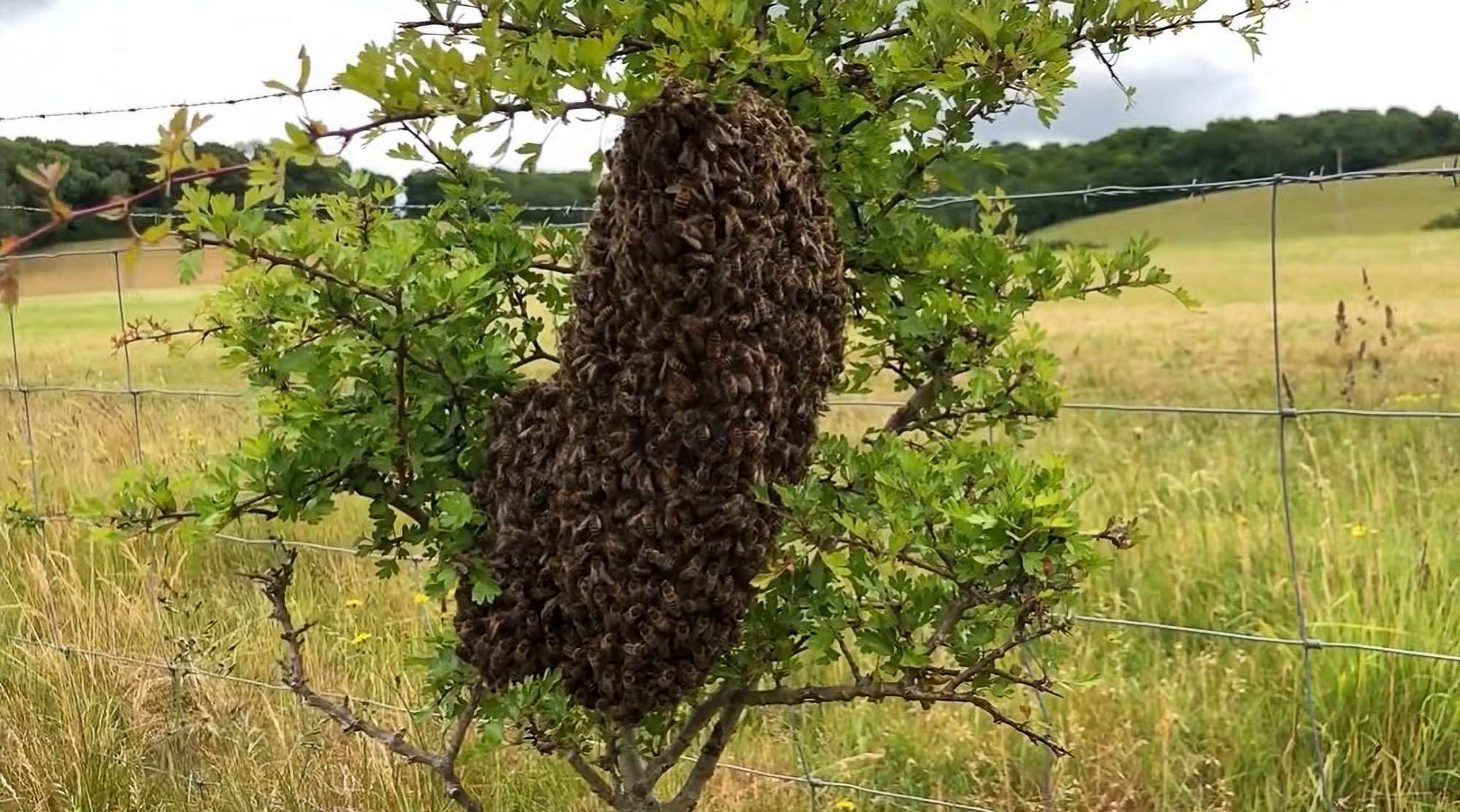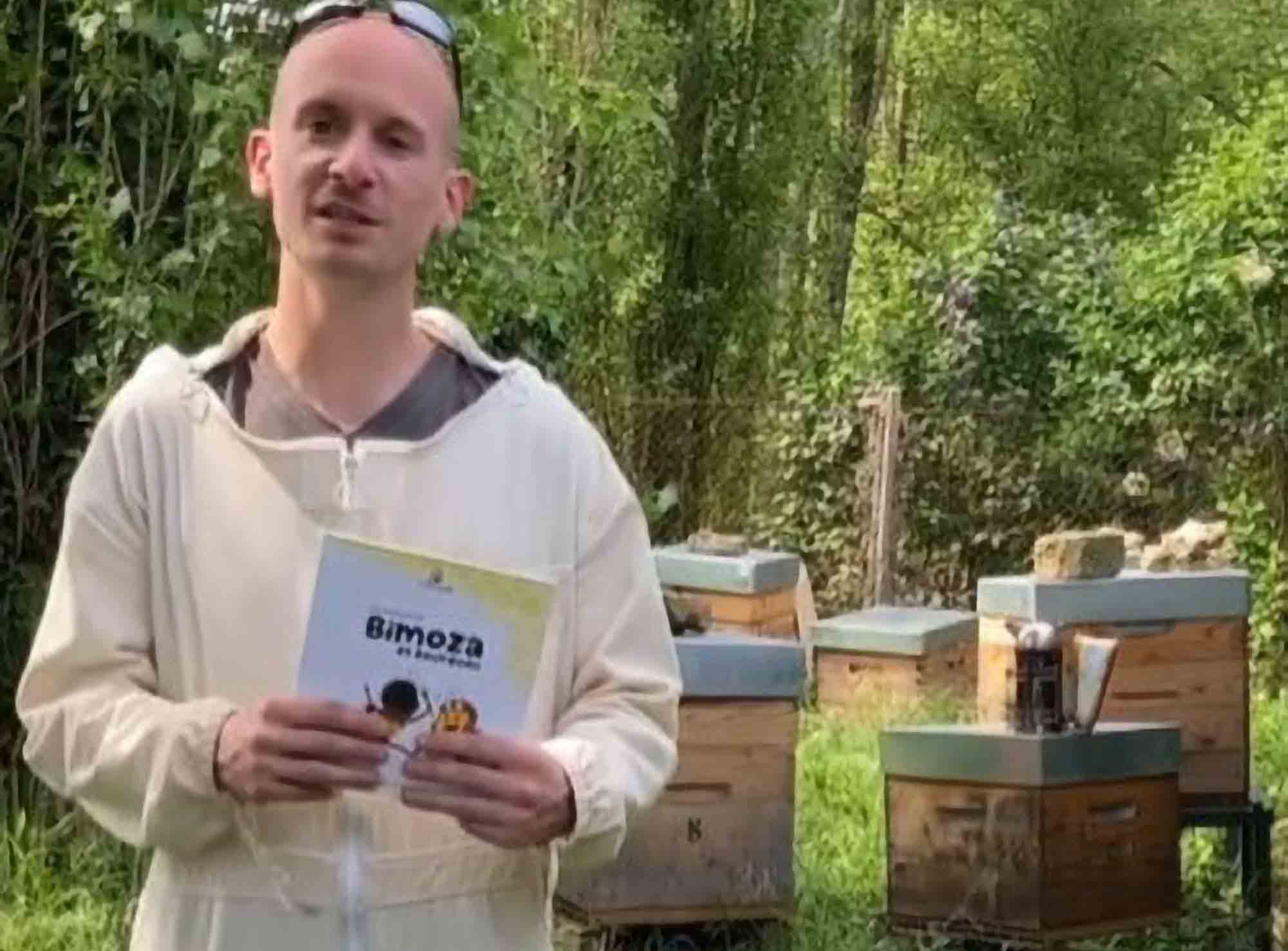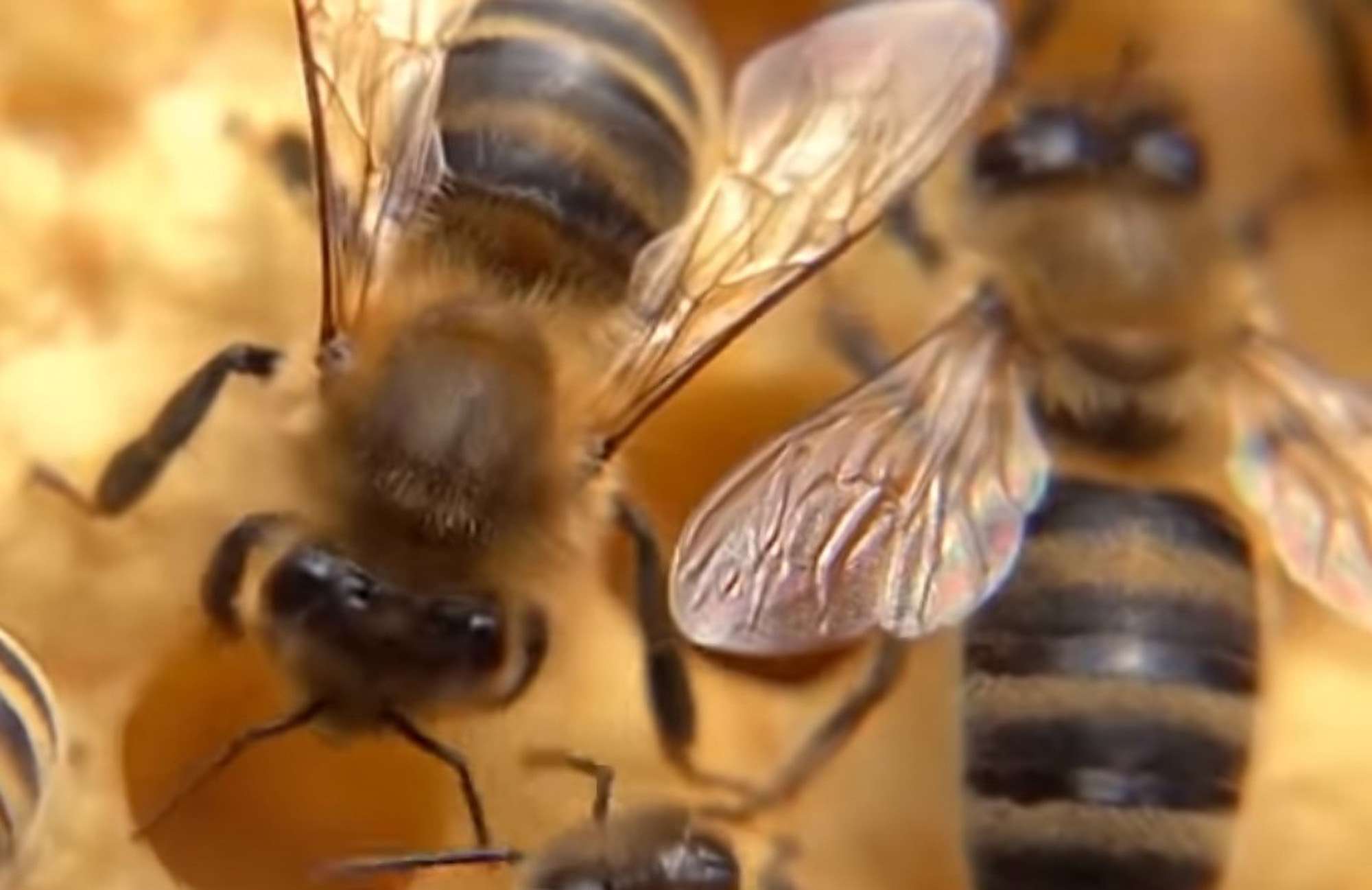A Croatian teenager has revealed how an astonishing coincidence turned him into a beekeeping enthusiast.
Today, Filip Raponja – from the small Istrian town of Krnica – manages around 80 honeybee colonies.
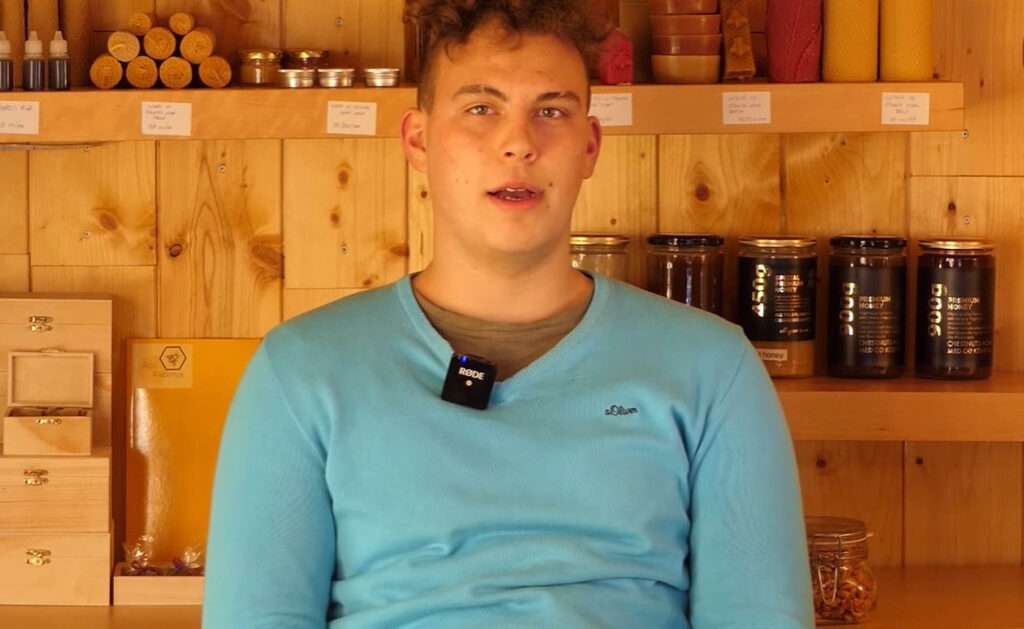
Reflecting on how it all started, the 18-year-old told the Croatian news website Index: “It began with a school trip to a book fair when I was 13 years old. I’ve never been a fan of reading, but my mother urged me to buy a book.
“So my friends and I jokingly decided to pick a publication on apiculture. Then I started reading it just for fun and the world of bees intrigued me.”
Filip added: “A few days later, I told my grandfather that I was planning to do beekeeping. Two days later, he told me that he had bought me three hives.
“I continued reading but also watched some YouTube videos about bees. Slowly but surely I entered the world of beekeeping.”
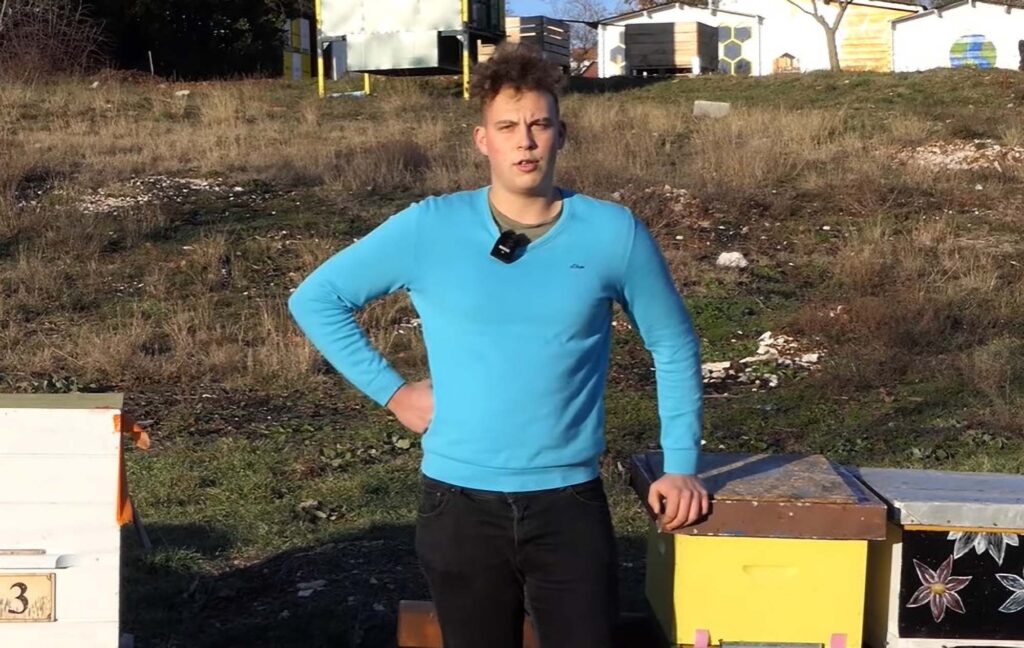
Filip – who receives support from his parents and his sister – sells his various types of honey at the family home as well as online.
The technical school student wants to continue his apiculture activities but also join his dad’s carpentry business.
Asked how his family and friends have reacted to his increasing engagement in apiculture, Filip told Index: “The feedback has been very positive. Everyone supports and encourages me.”
Filip and his family do not just sell numerous types of honey such as acacia and chestnut. Their store also offers individual gift packages and products such as beeswax candles.
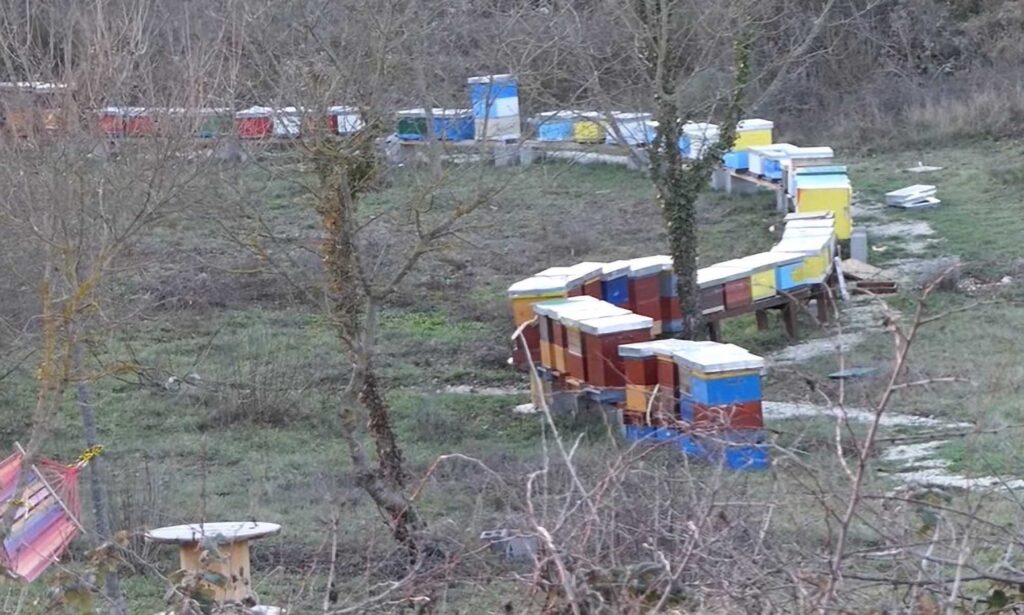
Anyone interested in the fascinating world of pollinators can visit Filip’s honey farm.
He said: “We opened a bee park where everyone can learn something about bees and beekeeping. There’s no entrance fee, so everyone can come and enjoy not only the educational trail but also the various activities we offer, such as honey tastings and workshops for kids.”
Asked by the online newspaper how to react when being assaulted by insects, Filip said: “If a bee attacks you, it’s best to ignore it because you’ve probably just gotten in its way. They can also attack you if you get too close to the hive or disturb them, so it’s best to just let them work and watch them from a distance.”
